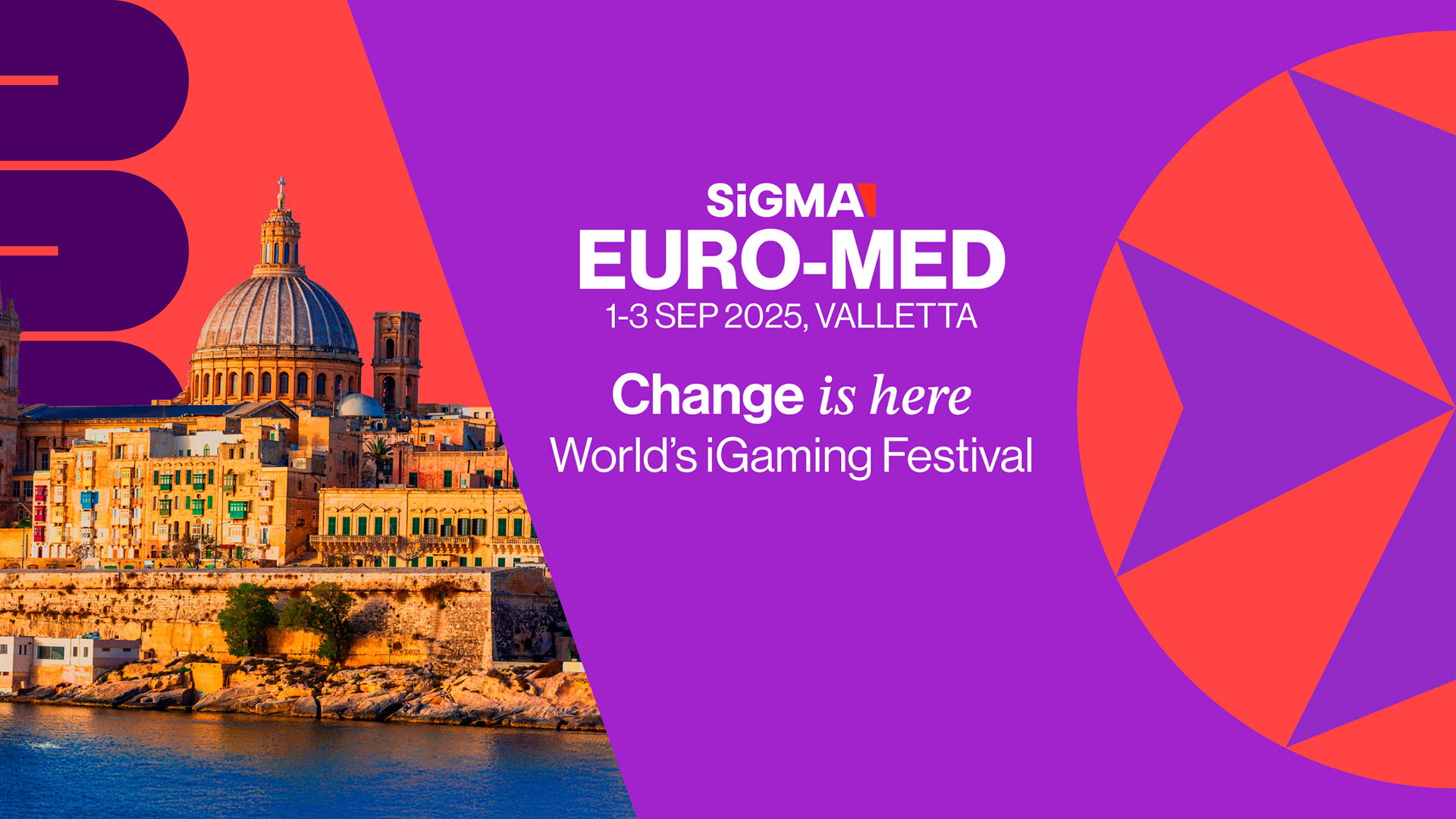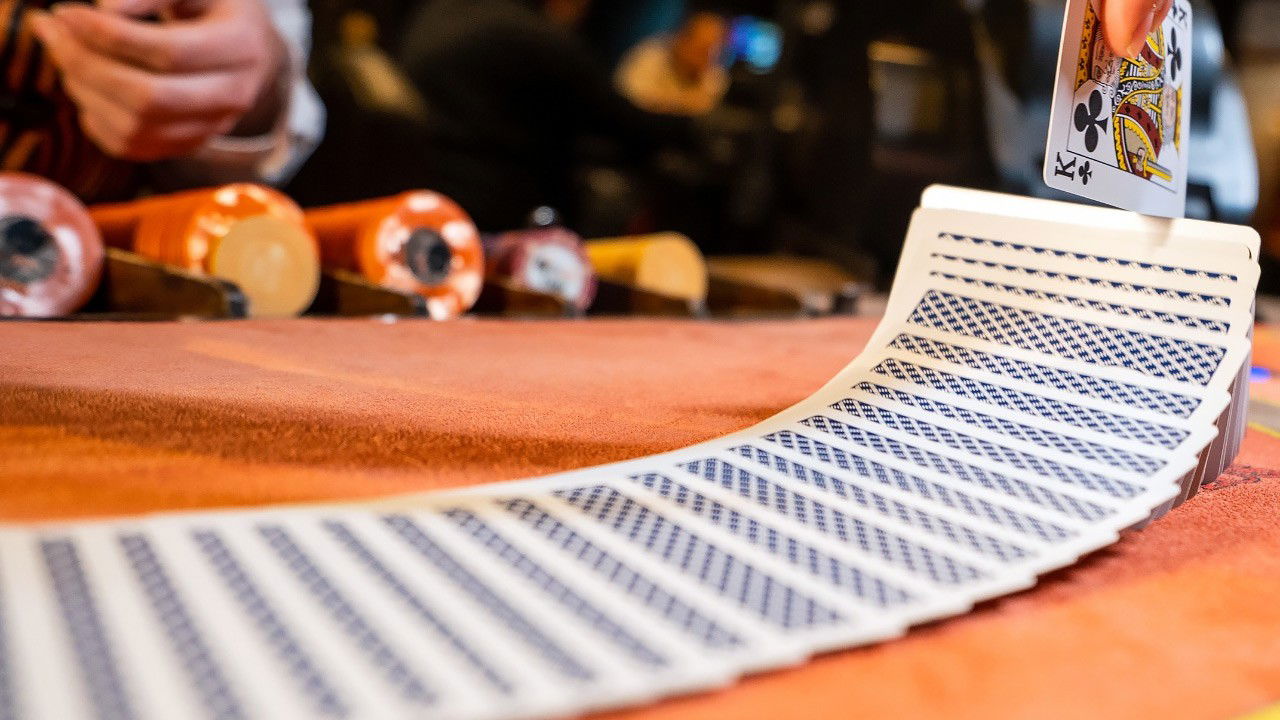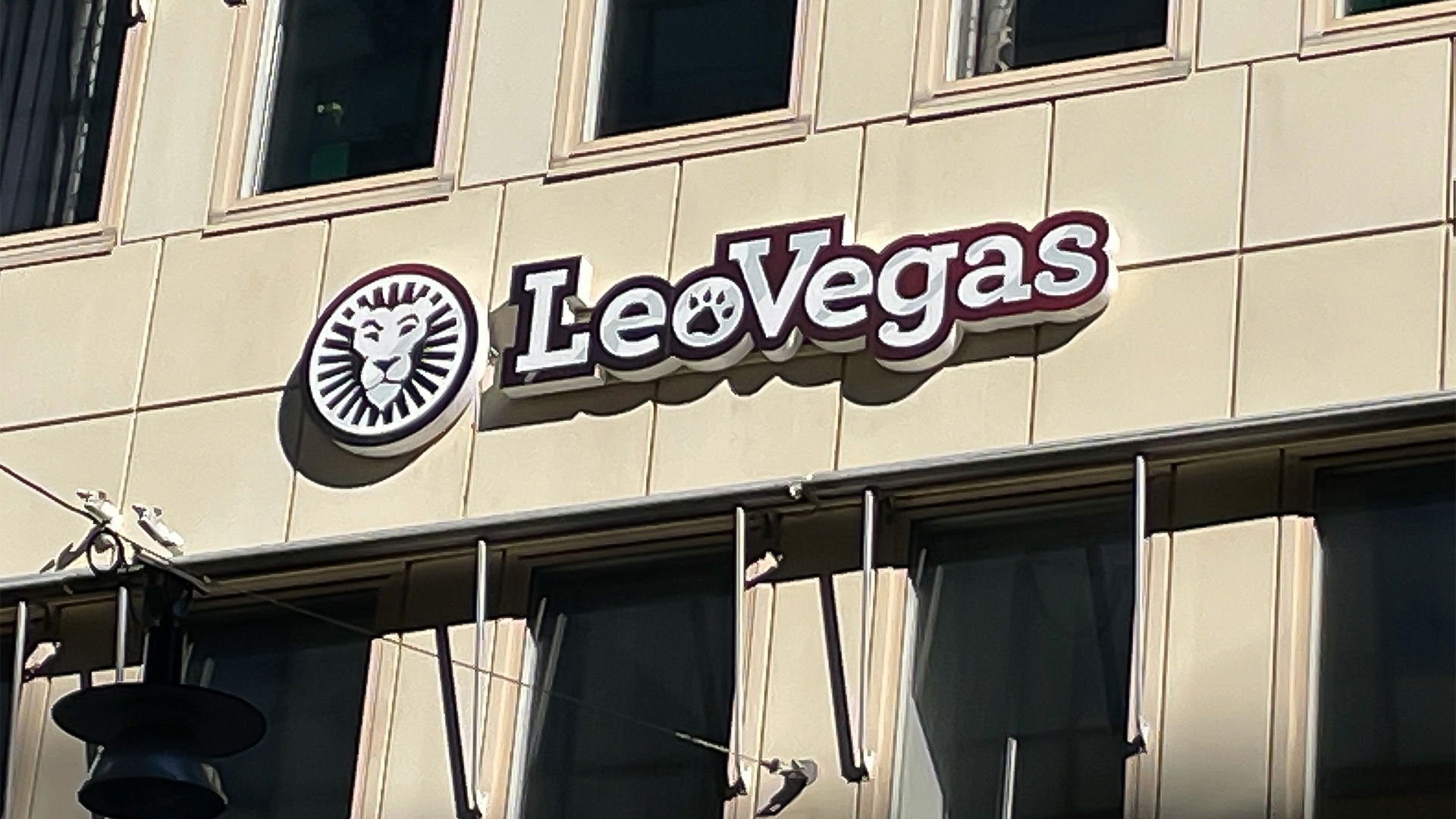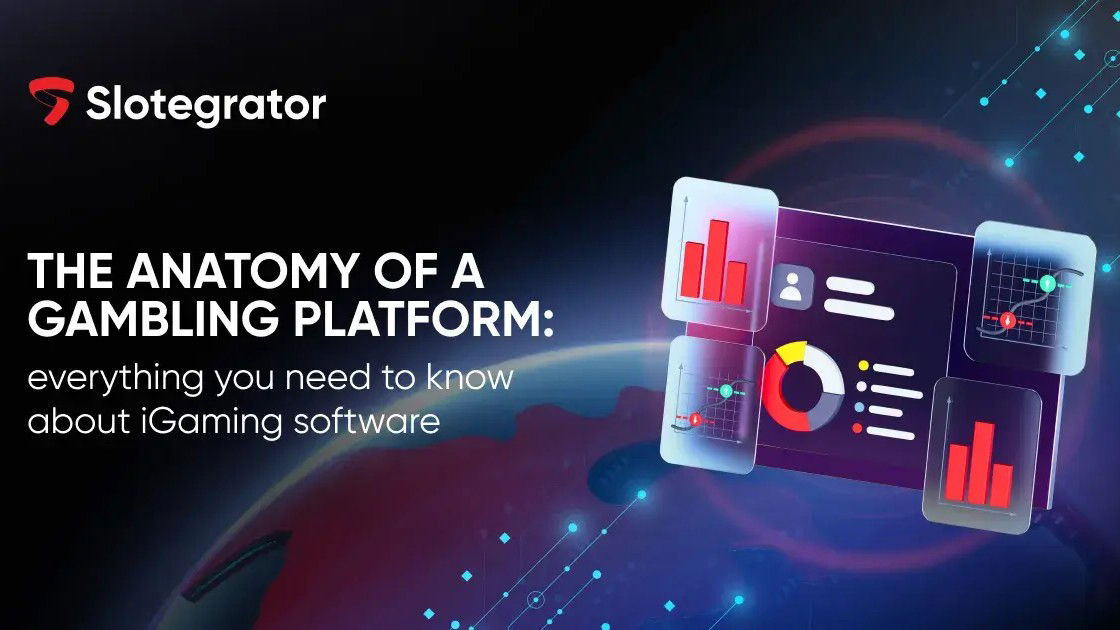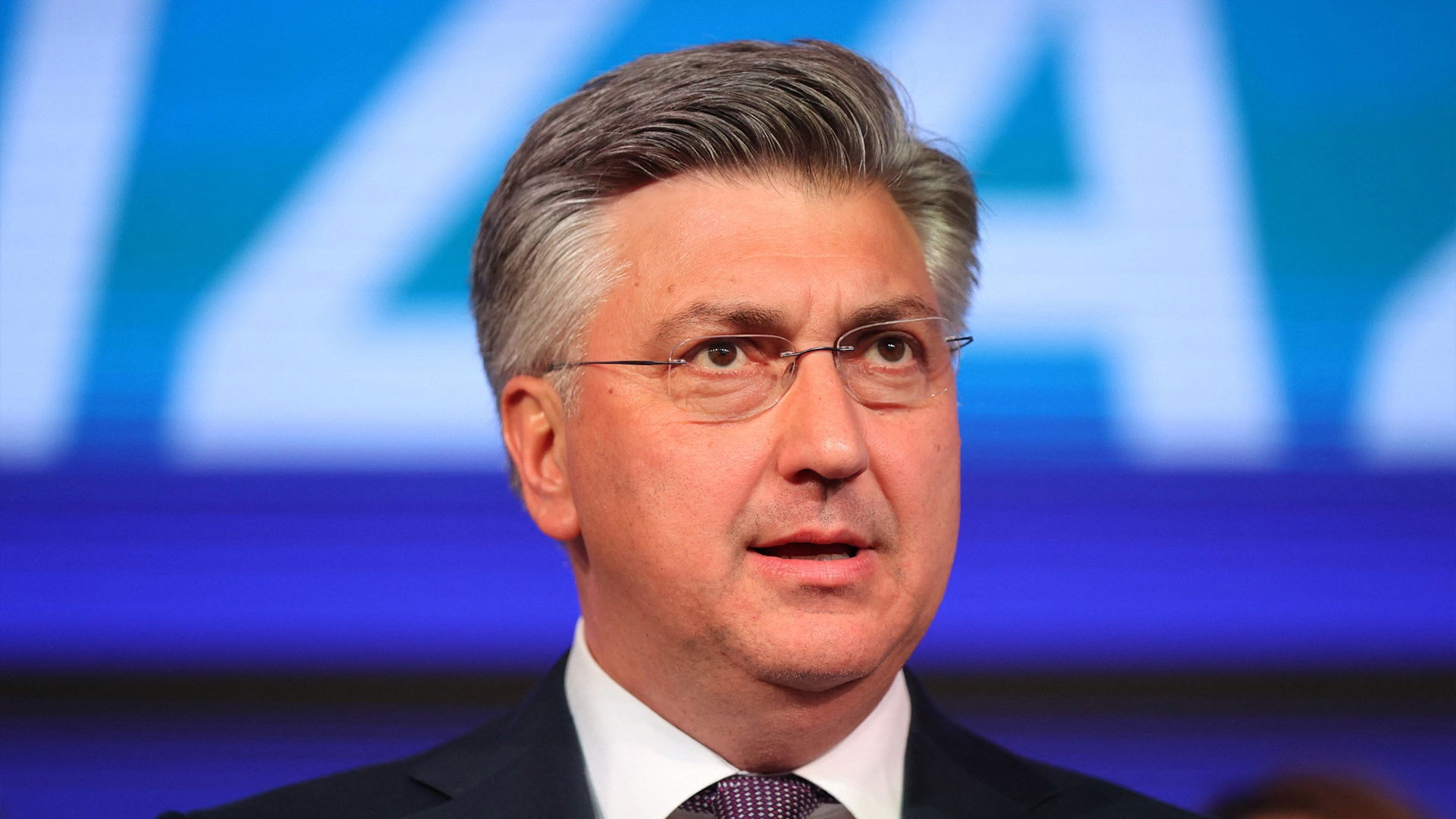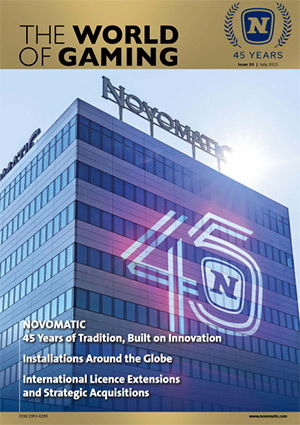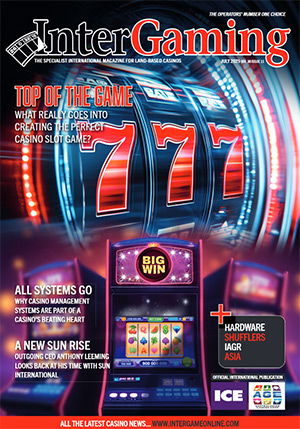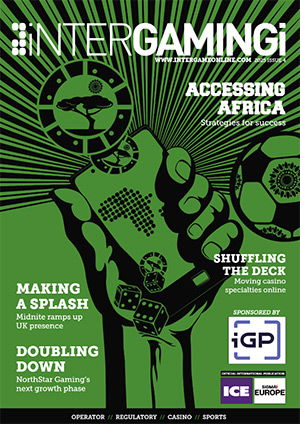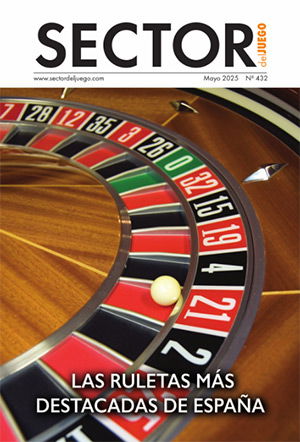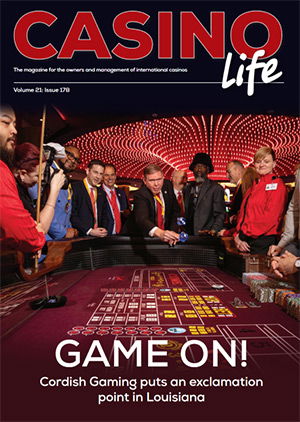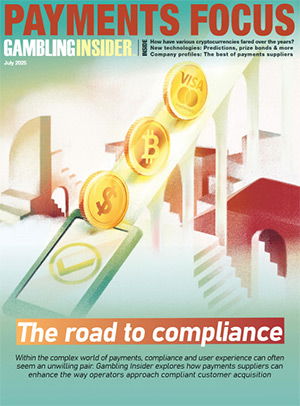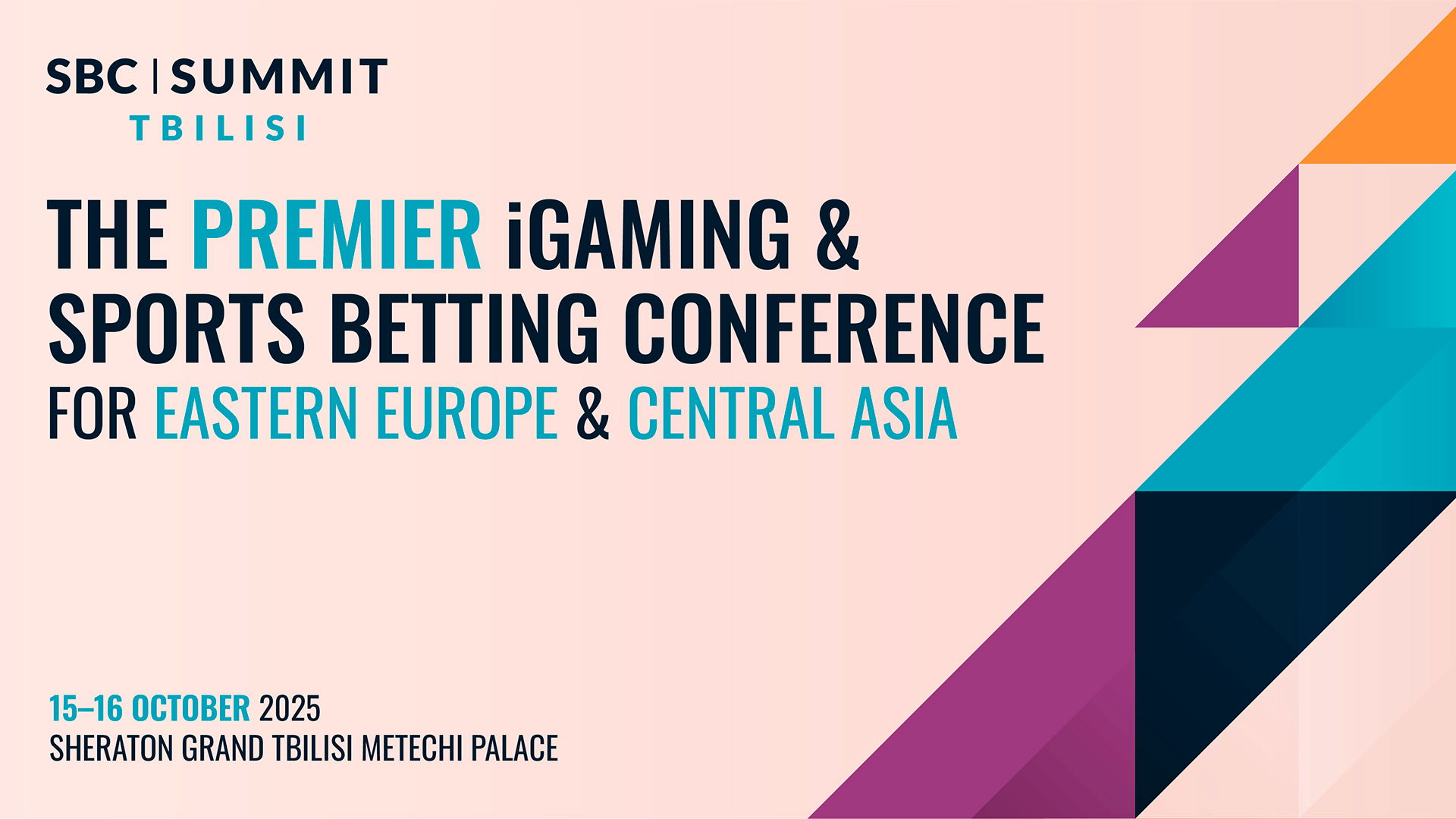Malta defends gaming sector as Brussels challenges legal shield for online operators
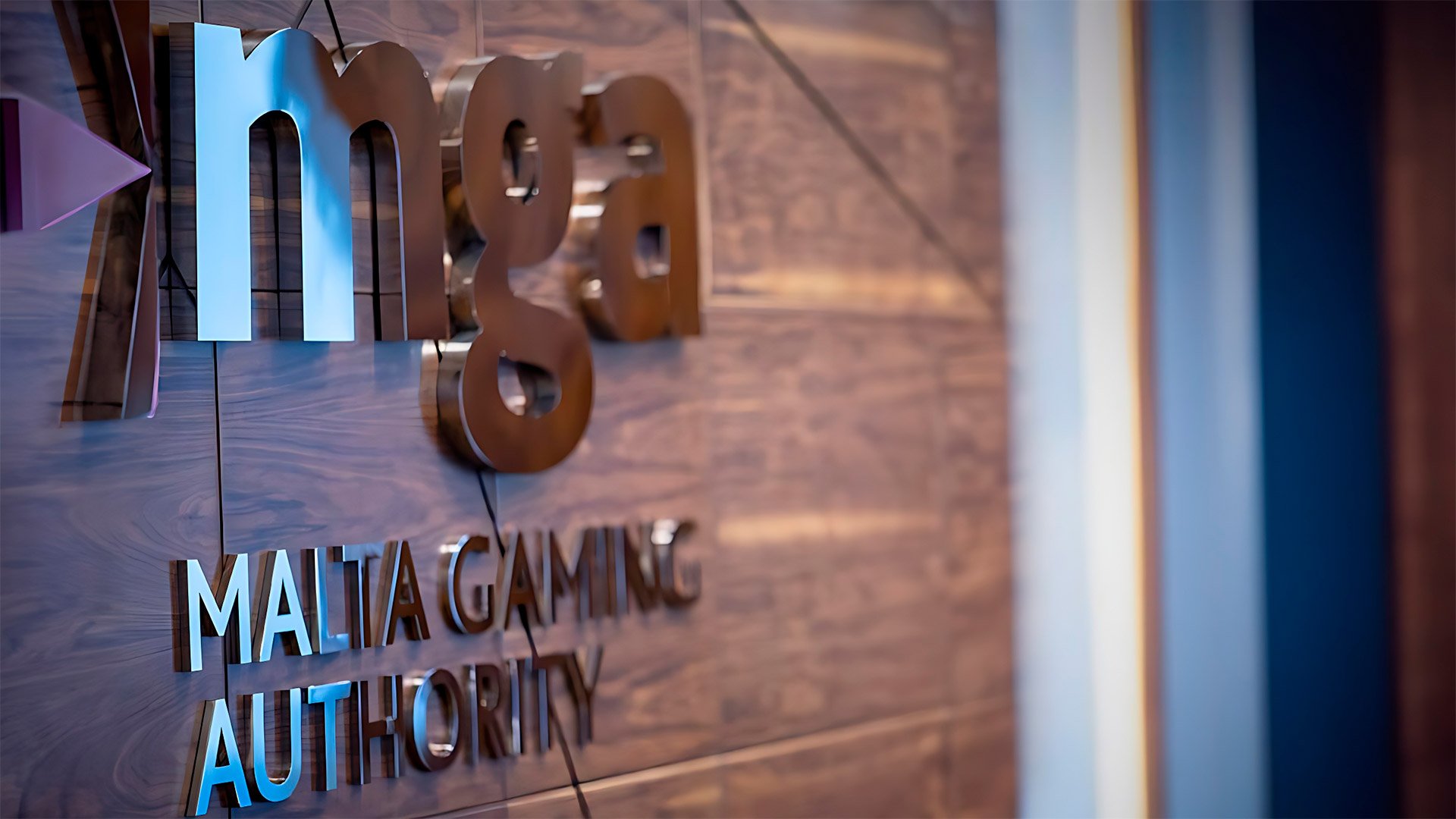
The Malta Gaming Authority (MGA) has responded to mounting criticism from several European regulators regarding Article 56A of its Gaming Act, known as Bill 55, maintaining that the law does not shield licensed gaming companies from accountability but reflects long-standing national policy within the framework of EU law.
In a statement following the European Commission’s issuance of a Letter of Formal Notice, the MGA emphasized that Article 56A does not impose a “blanket ban” on the enforcement of foreign court judgments against Maltese-licensed gaming operators. Instead, it argued that the provision codifies Malta’s interpretation of the ordre public exception under Regulation (EU) 1215/2012, also known as the Brussels I Recast Regulation.
The law does not introduce new or separate grounds for refusing the recognition or enforcement of judgments, the MGA noted, adding that Malta’s approach is grounded in the principles of the Treaty on the Functioning of the European Union (TFEU), including the freedom to provide services and the freedom of establishment.
Introduced in 2023, Article 56A was designed to protect Malta’s gaming sector from foreign enforcement actions, particularly as licensed companies increasingly face litigation in other EU member states.
The sector plays a significant economic role in Malta, accounting for around 10% of GDP. Operators licensed by the MGA use it as a point-of-supply license, allowing cross-border operations subject to compliance with Malta’s regulatory standards.
“This means that operators licensed in Malta can offer their services on a cross-border basis, provided they have a justifiable legal basis for doing so and that they continue to comply with the Maltese regulatory framework,” the MGA stated.
Malta’s gaming laws require licensees to implement a range of player protections, including the safeguarding of minors and vulnerable individuals, the separation of player funds, responsible gambling tools, and advertising standards.
Despite these assurances, the law has been challenged across several jurisdictions. Courts in Austria have ruled in favor of players claiming losses from Malta-licensed operators, only to see Maltese courts later reject enforcement of those rulings. In Germany, the national regulator (GGL) has asked the European Commission to review Malta’s legislation, arguing that it conflicts with the bloc’s regulatory standards.
The GGL has said this law should not be compatible with European requirements for the recognition of decisions, the MGA acknowledged.
The Netherlands has also taken steps to contest the legislation, with members of Parliament proposing motions to counter what they see as legal evasion by foreign operators facilitated by Malta’s legal framework.
Critics across Europe argue that Article 56A provides undue protection to Maltese-licensed companies that operate in defiance of local laws in other member states. The MGA, in turn, maintains that these actions amount to “unjustified restrictions” that impair the free movement of services in the internal market.
Malta insists that its gaming law remains compliant with European Court of Justice case law and that it will continue to support constructive engagement with EU institutions.


